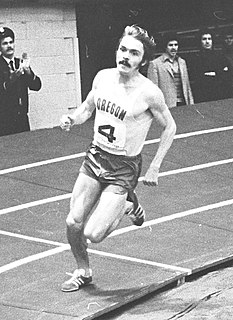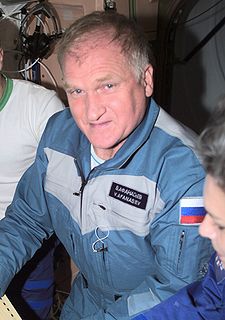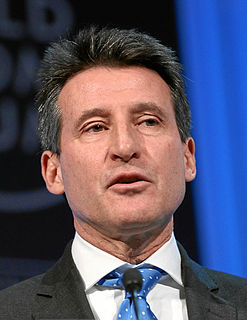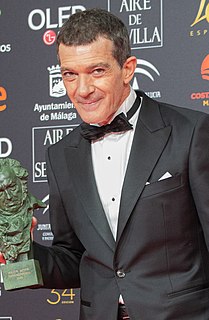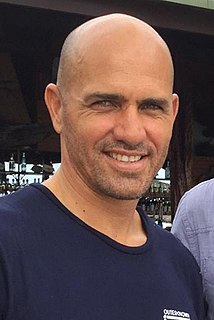A Quote by Alain Robert
If you've climbed the first 140 meters it doesn't mean that you've succeeded; you are going to succeed by climbing the last 10 meters.
Related Quotes
The Aedes aegypti mosquito, which spreads dengue fever and yellow fever, has traditionally been unable to survive at altitudes higher than 1,000 meters because of colder temperatures there. But with recent warming trends, those mosquitoes have now been reported at 1,240 meters in Costa Rica and at 2,200 meters in Columbia. Malaria-bearing mosquitoes, too, have moved to higher elevations in central Africa, Asia, and parts of Latin America, triggering new outbreaks of the disease.
It followed us during half of our orbit. We observed it on the light side, and when we entered the shadow side, it disappeared completely. It was an engineered structure, made from some type of metal, approximately 40 meters long with inner hulls. The object was narrow here and wider here, and inside there were openings. Some places had projections like small wings. The object stayed very close to us. We photographed it, and our photos showed it to be 23 to 28 meters away.









